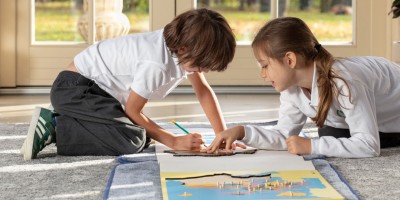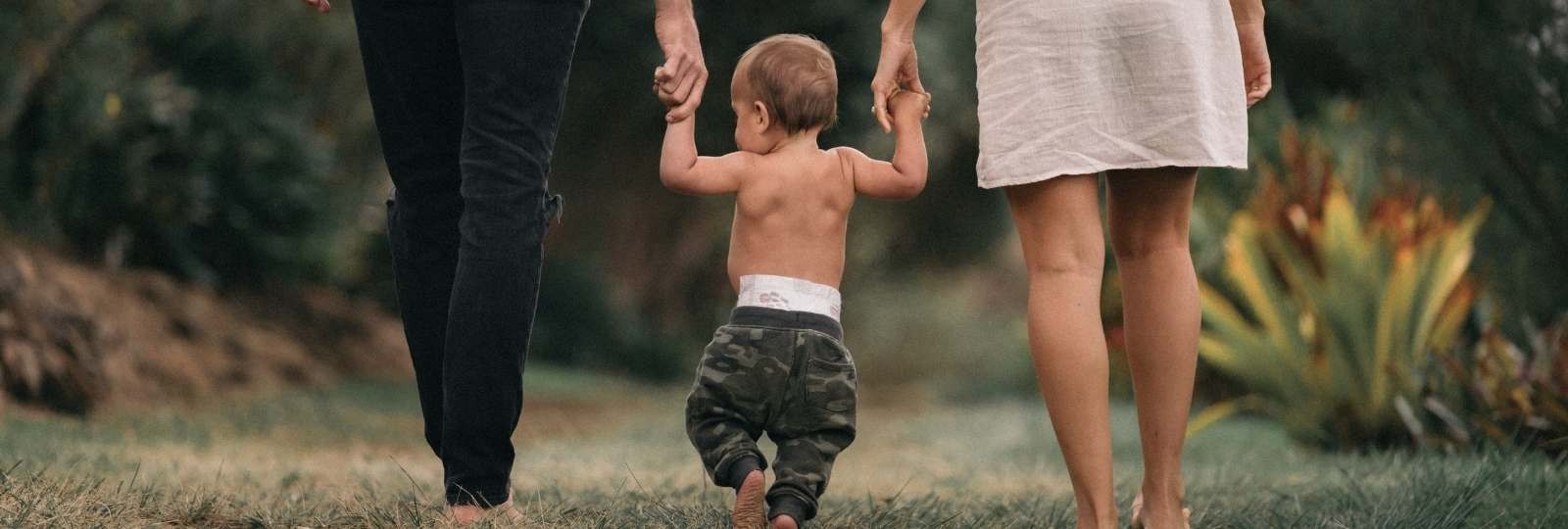Join us for a complete course on "Positive Parenting with Positive Discipline" for parents.
If you would like to learn:
- how to effectively deal with your child's challenging behaviours without using punishments and rewards?
- How to encourage your child to make the right choices without yelling and frustration?
- How to support your child in building self-esteem?
- How to keep the child to be independent, resourceful and self-confident?
- How do you help your child's development to reach their full potential?
- What does Positive Discipline have to do with Montessori education?
This workshop is for you!
Positive Discipline is the educational method of choice in Montessori schools worldwide. Its values are aligned with those of Montessori education.
Positive Discipline is part of a training program for Montessori teachers in the USA.
Leader: Ewelina Donatti, certified Positive Discipline trainer, Montessori teacher, director of the International Montessori Academy, mother of Filip (age 16), Alex (age 10) and Oscar (age 8).
What is Positive Discipline?
Positive Discipline is a classical educational method developed for 30 years. Its roots are in the individual psychology of Austrian psychotherapist Alfred Adler. He was one of the first who took an interest in the individual in a broader social context and believed that all people have one basic desire: they want to feel that they belong and matter.
Helps parents:
- understand their children,
- support their natural potential,
- raise them to be wise, confident, responsible and sensitive adults,
- deal effectively with everyday difficulties such as getting dressed, leaving the house, cleaning, brushing teeth, etc.
It helps children feel a sense of connection and belonging, helping them feel important in their family and community.
It is both respectful and demanding: soft and firm at the same time, hard on the problem and soft on the person.
It is effective long-term: it considers what the child is thinking, feeling, learning, and making decisions about themselves and their world and how they choose to act in the future to survive and succeed.
Teaches essential social and life skills: respect, caring for others, problem-solving, cooperation, and the ability to contribute and be useful at home, preschool, school, and the larger community.
Invites children to discover how competent they are. Encourages them to use their power and autonomy constructively.
Positive Discipline provides parents with ready-made tools and techniques to work on themselves and their children.
Positive Discipline was created to educate young people to be responsible, respectful and resourceful members of society.
This method teaches important social and life skills encouragingly and respectfully for children and adults (including parents, teachers, child care providers, young workers, and others). It is based on the best-selling and hugely popular book "Positive Discipline" by Dr Jane Nelsen and co-authors Lynn Lott, Cheryl Erwin and others, which has been in use for 30 years and is constantly being updated.
Recent research says that children are "programmed" from birth to connect with others. Children who feel connected to their community, family, and school show less tendency for inappropriate behaviour and misbehaviour. To be successful as a community member, children need to learn essential social and life skills.
In Poland, the topic of a sense of belonging is addressed by Agnieszka Wilczynska, PhD, the content patron of POSITIVE DISCIPLINE in our country. She is also a partner of the project BOHATERS OF EXPERIENCE by Prof. Zimbardo (http://hip.org.pl/), under the honorary patronage of the Ministry of National Education.
THE TOOLS AND CONCEPTS THAT POSITIVE DISCIPLINE EMBRACES ARE:
- Mutual Respect. Adults model respect for their needs and the demands of the situation by demanding the child while remaining kind and respectful of the child's needs.
- Identifying the beliefs behind behaviours. Behind every child's behaviour is a belief, often erroneous. An effective response to a child's inappropriate behaviour is possible precisely by understanding why children do what they do. Changing the behaviour itself without changing the beliefs is doomed to failure.
- Effective communication and problem-solving skills
- Discipline that teaches (and is neither too lenient nor too prescriptive).
- Focusing on finding solutions rather than punishing.
- Use of encouragement (rather than praise). Motivation notes effort in action and progress, not just success. Encouragement builds a lasting sense of self-worth and agency.
Investment: 350 PLN
The number of places is limited.
What's new at the Academy?
 12.01.2026
Admissions for the 2026/2027 academic year are now open! We invite you to Open Days at our campuses.
12.01.2026
Admissions for the 2026/2027 academic year are now open! We invite you to Open Days at our campuses.
Dear Parents and Students, We are delighted to announce the opening of admissions for the International Montessori Academy for the 2026/2027...
 19.12.2025
Light, serenity, and joy – Christmas wishes for our community
19.12.2025
Light, serenity, and joy – Christmas wishes for our community
Dear Parents and Friends of IMA and MFSB! On the occasion of the upcoming Christmas season and the approaching New Year, we would like to extend...
 17.12.2025
An amazing result from the Christmas Fair – we raised nearly 19,000 PLN for Zosia!
17.12.2025
An amazing result from the Christmas Fair – we raised nearly 19,000 PLN for Zosia!
Dear Friends! It is with immense gratitude and emotion that we announce that during this year’s Christmas Fair, we managed to raise as much as...


